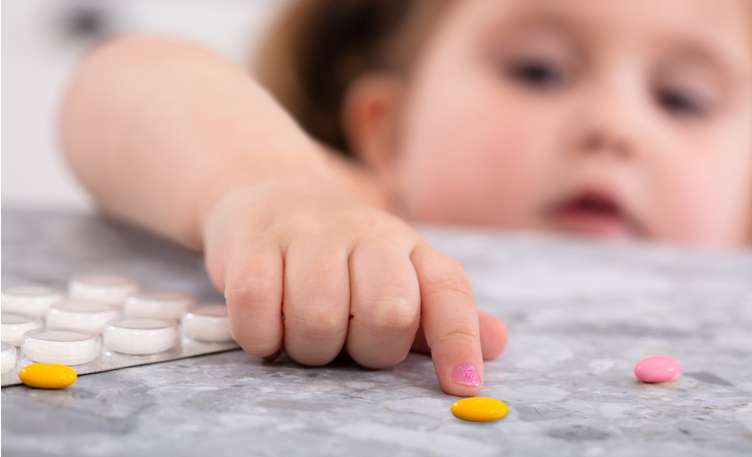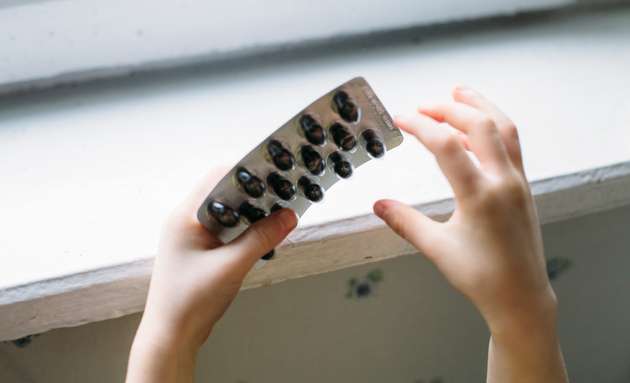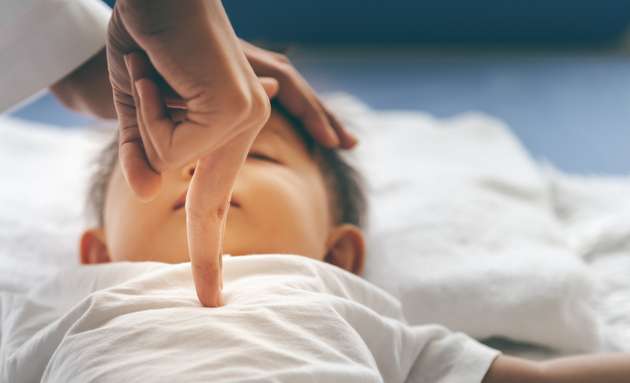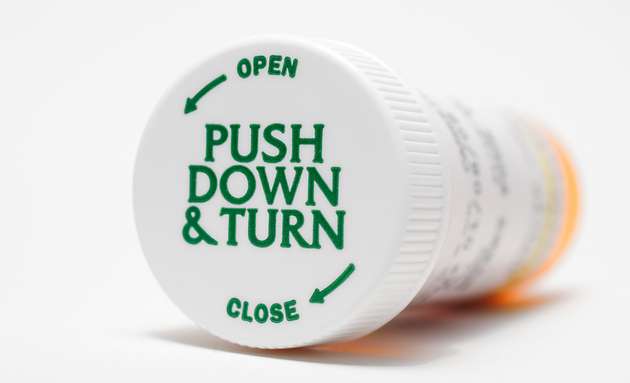
Accidental Drug Poisoning: Are Our Children Safe?
Recently, the emergency department of Medanta came across an unusual case of poisoning. The patients in question, were a pair of three-year-old twins who were admitted for accidental Thyroxine poisoning.
The twins were hospitalised after they began to display side effects like uneasiness, high fever, and dizziness. On further investigation it was ascertained that they had erroneously consumed 4-5 tablets of their grandmother’s Thyroid medication.
India registered more than 64,000 reported cases of accidental drug dosing or poisoning in children in the first half of the decade. This number has only grown since with Poison Control Centers reporting that they receive calls about accidental juvenile drug poisoning every 60 seconds.
Read on to learn some reasons why this trend of accidental deaths continues to be on the rise in our nation.
What Is Accidental Drug Poisoning?

An accidental drug poisoning occurs when someone consumes medicines or drugs that are not prescribed to them, in a large dose. Children, owing to their natural curiosity, are therefore highly vulnerable to such instances of accidental consumption.
Most cases of accidental drug poisoning in children occur when:
- Adults forget to keep the pills out of their reach.
- Children sample medicines in new surroundings.
- Lack of tamper proof drug packaging.
What Are the Signs of Drug Poisoning in Children?

If you suspect your child has consumed an unknown drug, watch out for signs like:
- Nausea and vomiting, diarrhoea, or blood in the stool
- Fever or chills
- Sleepiness, confusion, dizziness
- Fluctuating pulse rate, blood pressure, and respiratory rate
- Chest pain, shortness of breath
Seek immediate medical help if you suspect any of the above mentioned symptoms.
What to Do While You Wait for Help?
While every case of drug poisoning could potentially require a unique treatment method, you can follow the below instructions until help arrives:
- Gather any pill bottles, containers, or packages in your child's vicinity to share information about the potential drug to your doctor.
- Begin CPR if the child is not breathing to provide rescue breaths and keep the blood flowing.
How Can You Prevent Accidental Drug Poisoning in Children?
According to the Poison Prevention Packaging Act of 1970 in the USA, every drug needs to be packaged in child-resistant design (safety cap, puncture-resistant) to avoid unintentional exposure to drugs for children under 5 years of age.
Unfortunately, no such regulations are applicable in India.
A study conducted by toxicology experts at Medanta found that one of the top reasons for accidental drug poisoning in children was due to grandparents forgetting to keep their medicines out of reach from them. The study revealed that 13% of grandparents leave medicines on the kitchen or washroom basin. This makes it easily accessible to children.
These findings reiterate the need for stakeholders in the healthcare industry to draft policies to ensure that dangerous prescription drugs should be packaged and sold in child-resistant packages as well as spread general awareness around drug safety.

However, until Child Proof Pill Containers are introduced, stay cautious and:
- Keep all medicines out of reach of toddlers - even those that you consume every day.
- Teach children about the harmful effects of consuming medicines not given to them.
- Inform your guests about medicine safety so they can keep their belongings out of reach from your children.
- Don’t leave even the child’s medicine within his or her reach.
Accidental drug poisoning in children has been on a steady rise. Spreading awareness, staying alert around children, and introducing child-proof packaging are important steps to take in order to curb such accidents.

